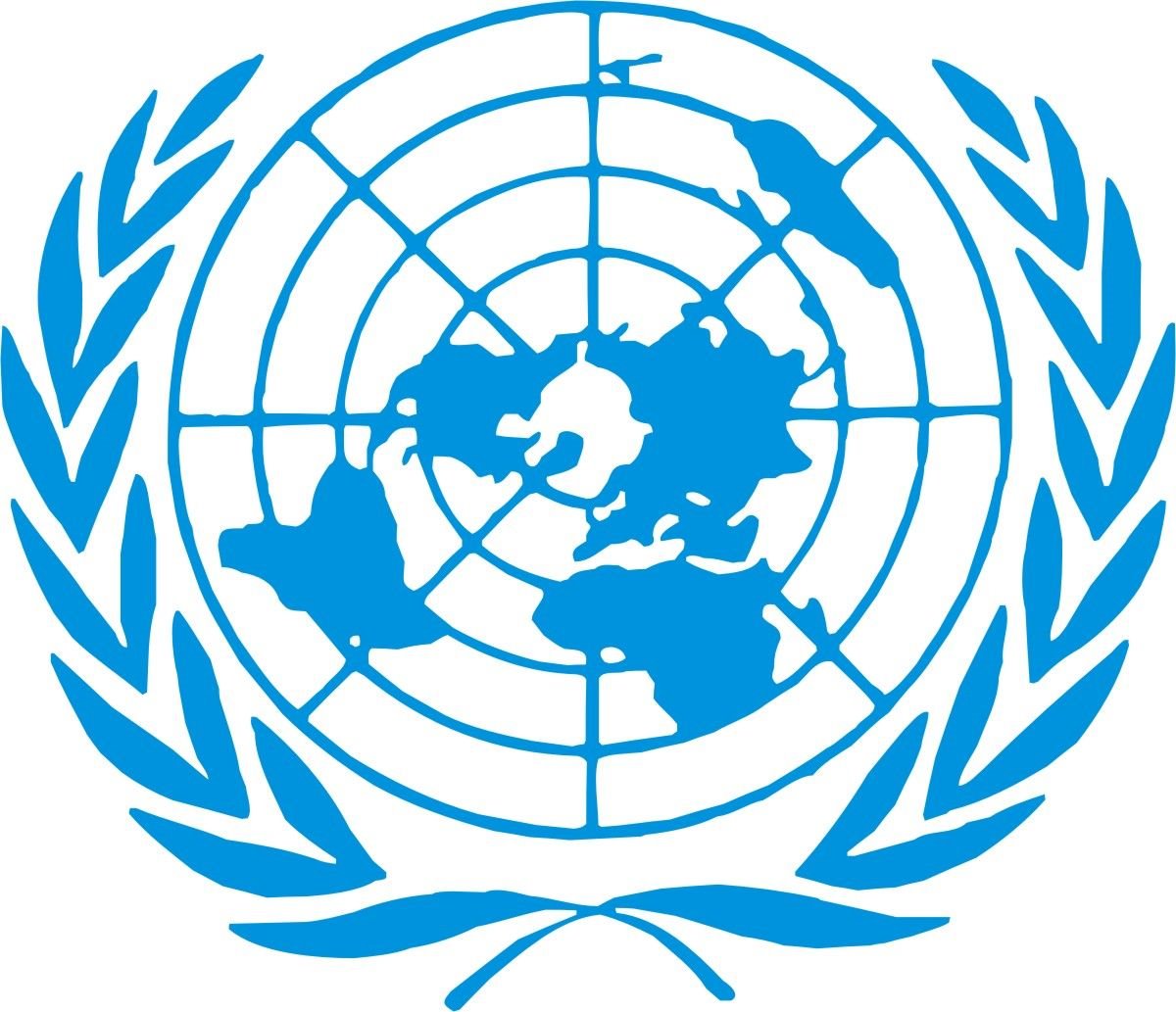Politics
UN Victors Council

In what has become a superficial annual ritual, the Indian Ambassador to the United Nations Ashoke Kumar Mukerji again called for reform of the UN Security Council to make it more representative of contemporary global realities.
In his address to a meeting of the UN Security Council on Maintenance of International Peace and Security, Mukerji said, “It is ironical that calls for democracy and the rule of law are being made in a Council that itself embodies the undemocratic stranglehold of the privileges of a few, forged by a wartime alliance that no longer exists.”
For all the frequent odes to global peace, justice and international law, the structure of the security council was a crude expression of brute power of its times. Created in 1945, the UN Charter rewarded the victors of World War II — France, Russia, United Kingdom, United States and China — with permanent seats with veto powers in the all-powerful security council. In the 70-years since, UN membership has quadrupled from 51 to 193. But the council has been substantively modified only once, in 1965, when it was expanded by adding four additional non-permanent members, who are elected to two year terms by the General Assembly.
For the past quarter century several proposals have been kicked around to reform the anachronistic structure of the security council. Brazil, Germany, India and Japan have formed an interest group known as the G4 to lobby for permanent seats for themselves on the strength of their financial muscle, population and regional importance.
With the exception of some opposition by regional rivals (Pakistan to India; Mexico, Colombia and Argentina to Brazil; Italy and Spain to Germany; and South Korea to Japan), there is broad support to grant permanent security council seats to the G4 nations. All current permanent members, whose unanimous consent will be required to alter the membership of the UN Security Council, have endorsed India’s bid for a permanent seat; support for some of the other G4 nations is more lukewarm.
India has been elected as a non permanent member of the security council seven times, receiving 188 of the 190 votes during its last bid in 2011-2012. A New York Times columnist wrote that if the permanent members of the UN Security Council were chosen “with a vote by the fans … Then the perm-five would be Russia, China, India, Britain and the United States.” During the past 50 years India has been one of the largest contributors to UN Peacekeeping operations, contributing more than 100,000 troops worldwide.
For all the lobbying and repeated pledges (most recently US Pres. Barack Obama reaffirmed his support for India’s bid for a permanent seat) it is unlikely that the security council will be reformed anytime soon. It serves the beneficiaries of the current dispensation far too well to motivate them to tinker with it. As Mukerji noted, “The Council’s invocation of these purposes and principles (of the UN Charter) appear selective, to suit the national interests of powerful member states.”
Ultimately, the Security Council will not be reformed by its self-serving managers by an appeal to higher principles. There is nothing inherently just or democratic about adding additional permanent members with veto powers anyway. Indeed, the far more likely scenario, if any change were ever to come to pass, is the creation of a permanent-lite membership, which grants countries like India permanent membership on the security council without veto power (the solution most frequently broached).
Perhaps the only real way to force change is for the G4 nations to issue an ultimatum of their own to the United Nations: expand the membership of the security council and include them as permanent members with veto powers in the next two years or the G4 members withdraw from the United Nations.
It is the kind of muscle war victors understand best.
|
|

You must be logged in to post a comment Login